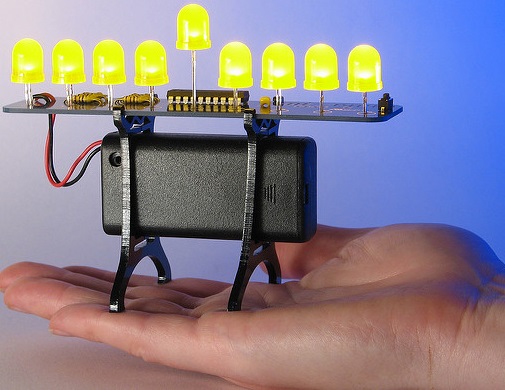C++ vs Java: Which is the better programming language?
Both C++ and Java are general purpose, object oriented programming languages, with their own extensive libraries that helps programmers develop applications for desktop, web, mobile devices and other platforms. There is so much in common between the two languages, so which do you think would be the best for your project?
What is C++?
C++ is a general purpose programming language that was launched as part of Microsoft’s .NET initiative in 2000. It was meant for CLI or Common Language Infrastructure, an open specification that Microsoft developed and ISO and ECMA standardised. C++ applications are compiled into bytecode that run on CLI implementations.
What is Java?
Java is a little older, released by Sun Microsystem in 1995, and is also another general purpose language with the slogan, “write once , run anywhere”. Here, the Java applications are compiled into the bytecode that can run on implementations of the JVM or Java virtual Machine. And like CLI, here, it is the JVM that helps bridge the gap between source code and the language that computers understand (the 1s and 0s).
The similarities between C++ and Java
Both the programming languages have certain similarities. And they both have been in production for years, with similar syntax and have been known to power very big enterprises in the market. Programmers find it easy to convert from C++ to Java, as the style and syntax are quite similar. The looping structures, classes, conditional operators and defining variables are all similar in the languages. This is what makes cross-platform easier and simpler.
Another noted similarity is when both Java and C++ look for the main entry point to know where to begin the execution. And both are object-oriented, and it means they use classes that represent components of your program. And each class contains properties to define the components, making it easier for programmers to reuse the code for the other programs.
Garbage collection is another noted similarity between the two. It helps in preventing memory leaks to an extent, making it easier to free up resources while deleting objects that are not in use. The basics of memory management are easy. Single inheritance is another similarity between the two, where there is only path from a base class to any derived class.
Similarities at a glance
- Similar style & syntax
- Looks for main entry point
- Garbage collection
- Single inheritance
- Type-safe
- Interfaces
The differences
Now that you have seen that there is so much in common between the two, it all depends on the platform you have chosen for your project. C++ is primarily used on the .NET framework, Mono and Portable .NET implementations of the CLI. You can choose C++ when you are working with .NET suite of technologies, since the software or web application is being built for Windows.
On the other hand, if the application is being developed for platforms like Unix or Linux, then Java’s large open source ecosystem would be a good choice. Java has an incredible community that’s constantly creating tools and libraries. Several new and powerful languages, based off of the JVM, like Scala, Clojure and Groovy have been developed. It is also evident that Android is the most popular and widely used mobile operating system in the world, and Google uses Java for this.
C++ support for Generics
By removing the casts from the source code, Generics improve compiler-assisted checking of types. C++ integrates the Generics into the CLI, so the information will be easily at hand during runtime, and this points towards a slight performance gain.
Enums or Enumerations
Enums are taken a step further by making them a named instance of a type, so developers can easily add custom behaviour to individual enums. These are just simple lists in C++ where you have only name constants, where the underlying type should be integral.
Polymorphsims
The approach to Polymorphism is totally different in both C++ and Java. It happens by default in Java, while it has to be invoked through base class in C++.
Support for Delegates
The support for Delegates or Pointers is another major difference between the two. C++ has delegates serving as methods, and that which can be called without the target object involvement. But for Java, and depending on the application you are developing, the same can be achieved only through the use of an interface with a single method, or even the use of an additional code.
Checked Exceptions
While C++ has only one type of exceptions, Java has two types – checked and unchecked. While this is a good ability for Java, it might turn an adverse one where scalability and version control are concerned.
Thus, both Java and C++ does have its own similarities, probably because C++ was initially created because Microsoft wanted to have a proprietary Java-like language of its own for their .NET framework. In one way, you can say that Java is more popular because there are lots of free Java codes available, when compared to C++. Though the learning curve for C++ is a bit high, the execution time is never an issue. Java holds the hand, almost literally, while C++ gets you in the deep end, but helps you wade back with the best. If you already know C++, then adopting Java for your projects would be cakewalk. The other way round could be a bit tedious.
However, if gaming development is your priority, then C++ is the way to go because it lets you squeeze in as much performance as possible.
At the long and short of this, both languages are important, and they are going to be here for a long, long time. You need to choose the language that work best for your project’s platform..
Interesting Articles..
Flickr.com / Windell Oskay, abarna baskar




